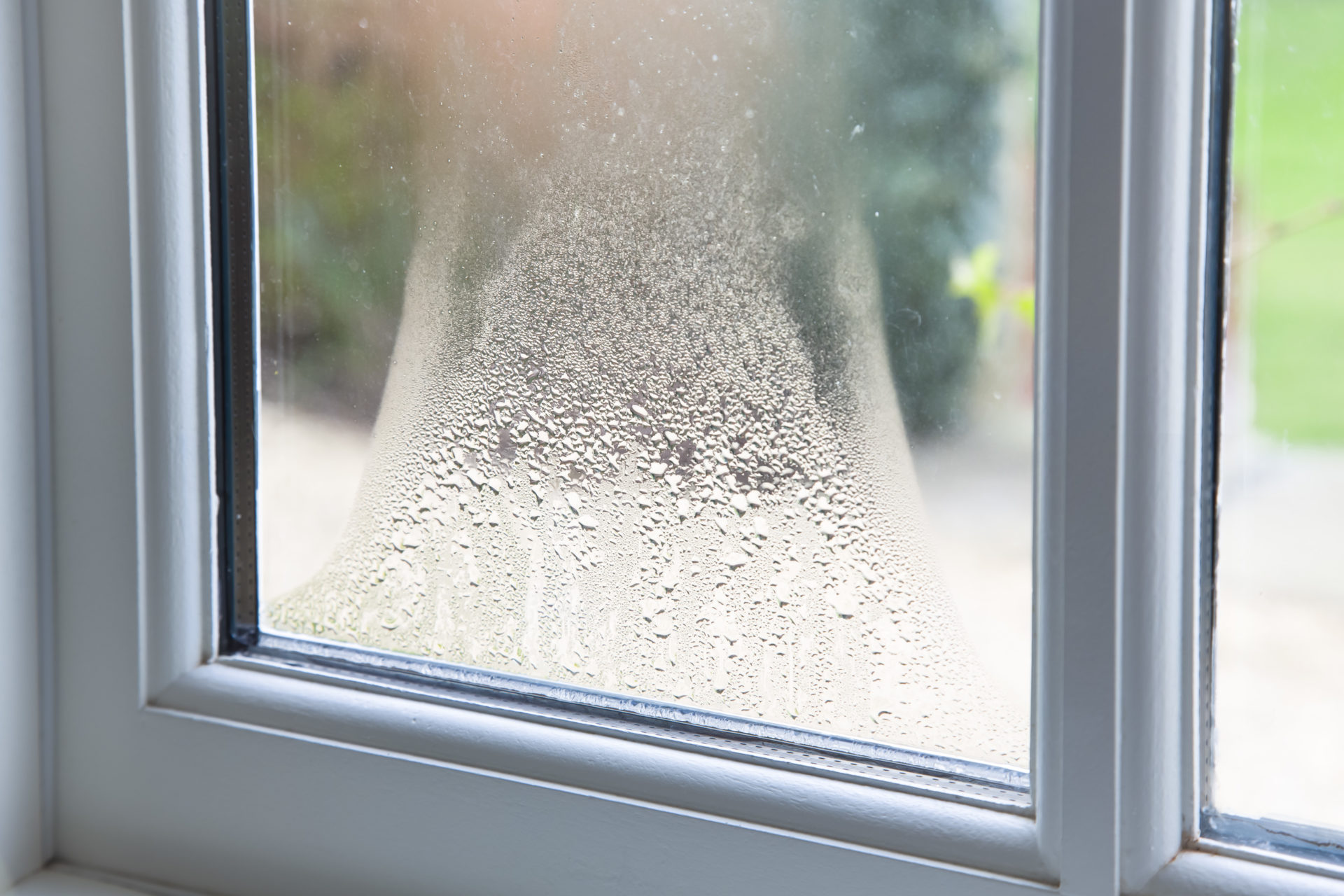
Image Source – Google
Windows are not just openings in a wall; they play a crucial role in determining the energy efficiency, aesthetics, and overall comfort of a building. As architects and designers continue to seek innovative solutions to create sustainable and visually appealing spaces, the use of insulated glass panels for windows has become increasingly popular. You may visit this website to buy top-quality insulated glass panels for windows.
In this article, we will explore the benefits of incorporating insulated glass panels into window designs and how they can enhance the functionality and aesthetics of a building.
The Benefits of Insulated Glass Panels
Improved Energy Efficiency
- Insulated glass panels help in reducing heat transfer through windows, thus improving the energy efficiency of a building.
- They provide better insulation, which helps in maintaining a consistent indoor temperature and reducing the load on heating and cooling systems.
- This can lead to significant energy savings and lower utility bills over time.
Enhanced Comfort
- By reducing heat transfer, insulated glass panels can help create a more comfortable indoor environment all year round.
- They can help minimize drafts and cold spots near windows, ensuring a more even distribution of heat and improved comfort for occupants.
Noise Reduction
- Insulated glass panels are effective in reducing outside noise transmission, creating a quieter and more peaceful indoor environment.
- They can help block unwanted sounds from traffic, construction, or other external sources, enhancing the overall quality of living or working spaces.
Design Considerations
Customization Options
- Insulated glass panels come in a variety of sizes, shapes, and designs, allowing for customization to suit the specific requirements of a project.
- Designers can choose from different types of glass, such as low-e or tinted glass, to achieve desired performance and aesthetics.
Frame Selection
- Frames play a crucial role in the overall performance and appearance of insulated glass panels.
- Designers can opt for various frame materials, such as aluminum, wood, or vinyl, based on factors like durability, maintenance, and aesthetics.
Integration with Building Envelope
- It is essential to consider how insulated glass panels will integrate with the building envelope and overall architectural design.
- Proper installation and sealing are crucial to ensure optimal performance and longevity of the windows.
Applications of Insulated Glass Panels
Residential Buildings
- Insulated glass panels are commonly used in residential buildings to improve energy efficiency and comfort levels for occupants.
- They can enhance natural lighting, provide better views, and contribute to a more aesthetically pleasing interior space.
Commercial Spaces
- In commercial spaces, insulated glass panels are used to create a more productive and comfortable environment for employees and visitors.
- They can help reduce glare, regulate indoor temperatures, and showcase a modern and sophisticated design aesthetic.
Public Institutions
- Public institutions like schools, hospitals, and government buildings can benefit from the use of insulated glass panels to improve energy efficiency and occupant comfort.
- These panels can help create a healthier indoor environment and contribute to the overall sustainability of the building.
Conclusion
As the demand for sustainable and energy-efficient building solutions continues to rise, the incorporation of insulated glass panels for windows offers a versatile and effective design solution. From improving energy efficiency and comfort to reducing noise transmission and enhancing aesthetics, insulated glass panels have a wide range of benefits for various types of buildings. By carefully considering design options, customization possibilities, and integration with the building envelope, architects and designers can leverage the advantages of insulated glass panels to create buildings that are not only visually appealing but also sustainable and efficient.
